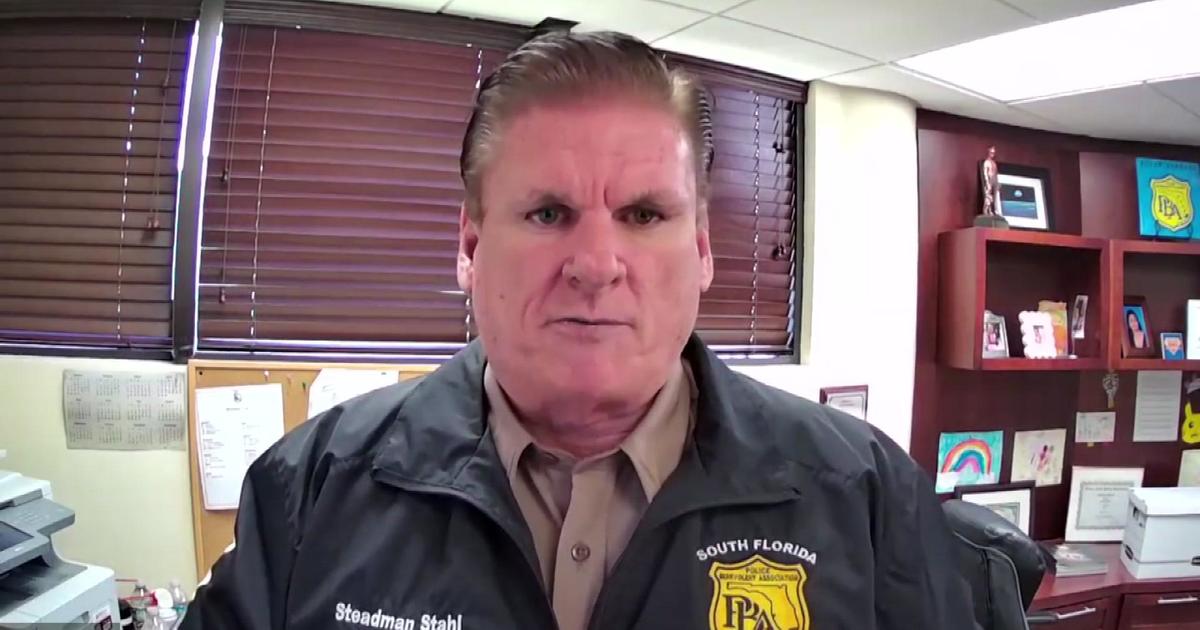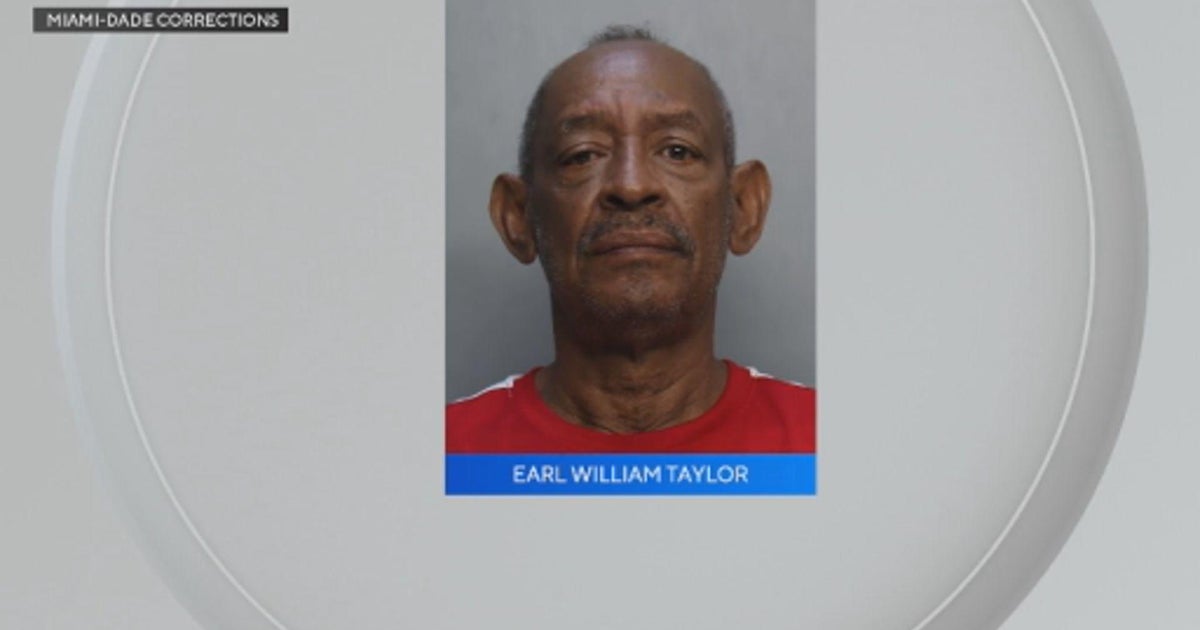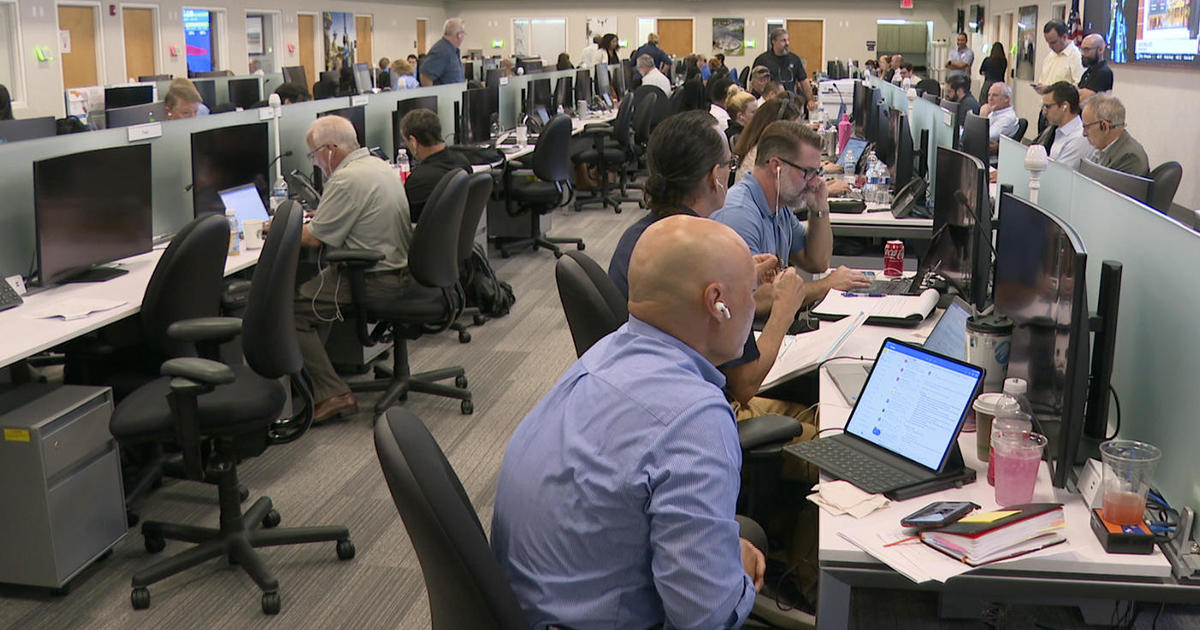State Of The Species: Florida Panther
MIAMI (CBSMiami) – The death of 16 rare Florida panthers represents a loss of about 10-percent of the entire species population in just this year.
The most recent death took place Thursday when the large cat was struck by a car.
In the late 70's and early 80's, there were only a few dozen but today there are nearly 160.
Dr. Frank Ridgely of Zoo Miami describes Panthers as shy, elusive animals.
Watch Brian Andrews' report, click here.
"It's not very likely that most people living in South Florida would ever see a panther," he said. "They are a beautiful and important species to keep balance in the wild areas of South Florida."
For young male panthers living in a limited area of habitat in the center and southwest of the state, it's flee or die.
Dr. Ridgely said it's because of interspecies aggression. "It's always male versus male."
Scientists say their habitat which is saturated with dominant males force the younger cats to travel distances of up to 200 miles in some cases to establish their own territory.
"When you get to be a young male panther, about a year and a half, you're ready to leave your Mom, you either have to find a habitat that's been left vacant because of death, or, you have to disperse," explained Dr. Ridgley.
In the process of fleeing to establish their own territory, some have been killed, including 10 of at least 15 cases reported so far this year, which were the result of collisions with cars or trucks.
"A population of 120 to 160 panthers, which could be 10-percent of the population that was killed this year that we know about" said Dr. Ridgely. "We tend to just drive and not worry, but the panthers are out there."
The hope is that the small population will expand to points north in Florida.
While it's a good thing for the species, it's a bad thing for ranchers.
Dr. Ridgely explained the rancher and hunting lobby in Tallahassee has not been friendly to panther habitat expansion programs.
"Ranchers are worried about protecting their livestock from being attacked by panthers. Hunters don't want competition with deer and hogs that the panther might prey on."
Still, Dr. Ridgely said protecting the panther serves a greater good.
"When we protect panthers, we protect tens of thousands of other species that exist out there when we can preserve these habitats. So the Panther serves as an ambassador to all the other native Florida species in the native environment. "
Dr. Ridgely said you can help the panthers by buying a Florida panther license plate. 85-percent of the proceeds go to fund field research and protection of the species by using the money to buy land to help expand their range.
Secondly, drive carefully at night when you're traveling out west. Remember, the panthers were here first.
Click here for the latest information on the fight to save the Florida panther.
RELATED CONTENT:



